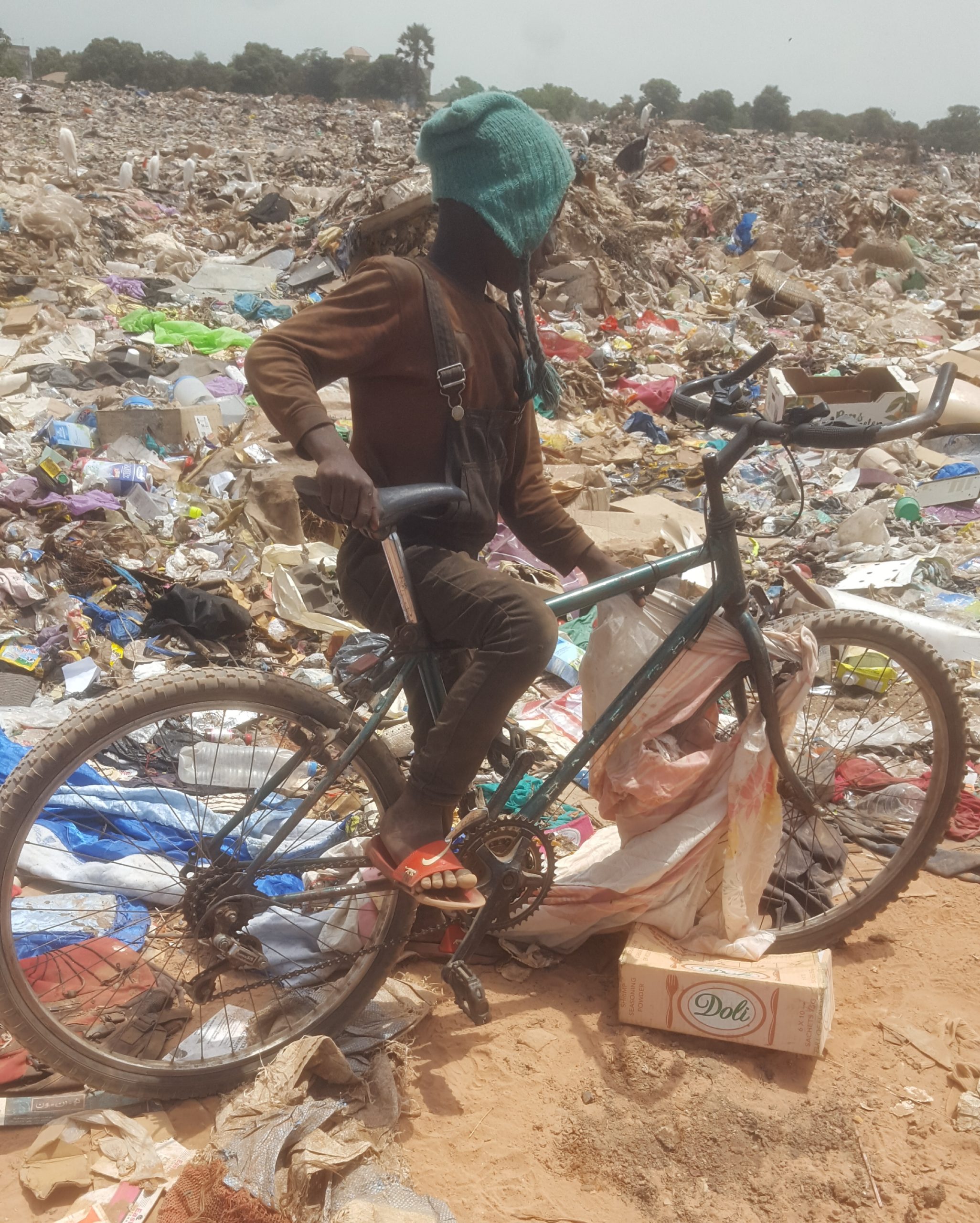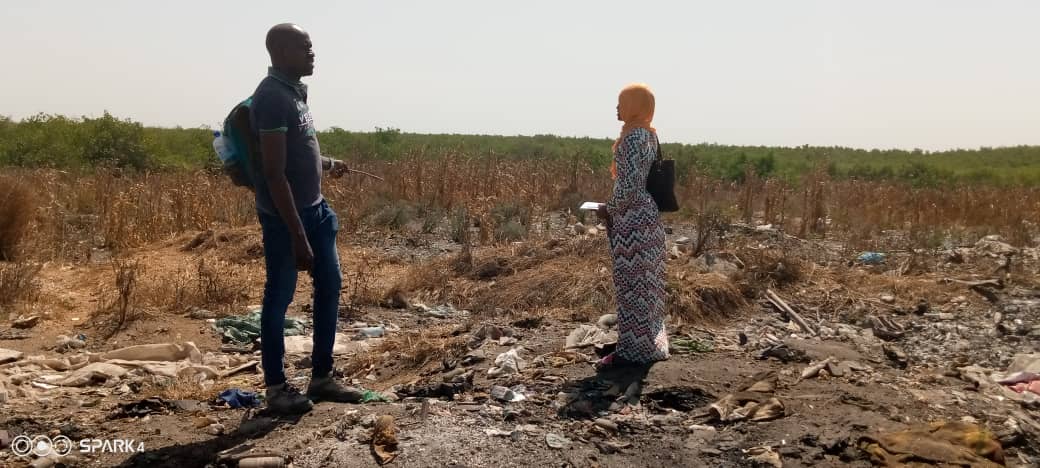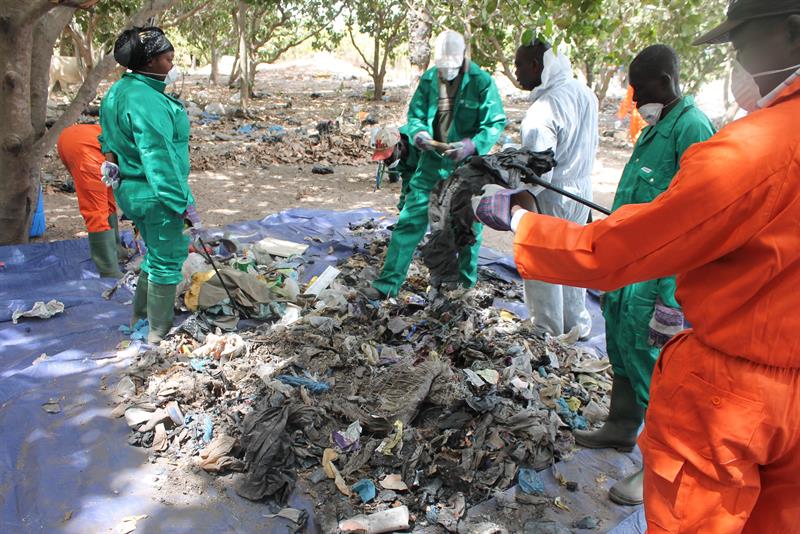RNE, a renewable energy company, requested for a feasibility study on waste to energy in the Gambia. The study been conducted by ECOSOL Limited, a total of 40 experts and 35 non-experts were interviewed including 11 government agencies. The study was centered towards the viability of waste to energy production plant in The Gambia that will provide environmentally friendly energy solution while contributing to reducing greenhouse gas (GHG) emissions as well as reducing the daunting challenges of waste and sewage management in the country generated daily.
The results revealed that, considering the enormous waste management challenges and energy needs in the country, waste to energy no doubt represents huge potential in Gambia. The government has a target in the National Development Plan (NDP) of increasing the share of renewable energy in the energy mix from 2% to 49 % by 2023 to reduce reliance on fossil fuels, improve stability and reduce the cost of electricity.
The result also revealed that waste to energy is a clean and affordable renewable energy source, which has the chance of providing clean energy for household and industrial uses. Using energy from waste will mean using an energy source (feedstock) that is easily available in the country with less expenses and maintenance. From the anaerobic digestion plant at sukuta hospital, waste to energy contribute to very less pollution and other environmental health hazards. A feasibility report by GIEPA investment guide 2012 indicated that groundnut shells in the Banjul-Kanifing area alone can produce an electricity supply of 600kWh/day.
Another thing revealed by the study was reduction of solid and liquid waste and employment creation for people in the country. According some of the people interviewed at dumpsite, the quantity of waste dumped at the municipal dumpsites cannot be sustained by the dumpsites, in the future. A survey report by Gambia Bureau of statistics showed that the working age population constitutes 1,256,859 of which 43% are unemployed and 41% youthful population is unemployed. Waste to energy solutions production can directly employ many people in the country such as drivers, waste segregators, cleaners and engineers.
ECOSOL Limited recently completed a study for SOS children’s Village. The study was conducted three hundred meters (300m) from the perimeter of the dumpsite; Bakoteh, Manjai and Dippa Kunda. 177 people were interviewed including community members, children, people working at the dumpsite and stakeholders from various institutions. The study was geared towards finding concrete evidence on child right violations cause by the dumpsite. The study was conducted from March 24 to April 24, 2020.
The results revealed several child right violation at the dumpsite, one of which was exposure to environmental hazards that has high potential of causing both physical and mental health of the children. Environmental hazards such as exposure to smokes, bad odor and leachate, contributed to greater occurrence of sicknesses on children such as malaria, asthma and skins infections. According to KMC staffs, the Bakoteh dumpsite sometimes receives untreated medical waste from hospitals. The collected waste dumped at the site might have the possibility of including waste from individuals suffering from Corona Virus. Residents of Bakoteh, Dippa kunda and Manjai highlighted the unhealthy and unbearable situation in their surroundings especially the SOS Children Community which, is just a stone’s throw away because of the dumpsite, claiming it could even cause diseases such as cancer and tuberculosis.
Another child rights violation at the dumpsite was child labour. Though some people considered labor not to be violation of children’s right, the labour act 2007 prohibits child labour, especially in hazardous environmental conditions like Bakoteh dumpsite. Shockingly most waste pickers at the dumpsite survive by salvaging waste. Some of them are children. Children are not forced to pick waste to survive, every day they wades through rubbish, broken glass and toxic waste, collecting scrap metal and to help their parents sell waste materials to earn a living. A 16yrs old girl interviewed at the Dumpsite said she and other kids working at the dumpsite missed out on school so they can contribute to their family’s income, which they thought will help them get enough money to pay for their school fees. During the process, they end up dropping out from school because the money earned from the waste collection business is not much to pay for the fees.
The results also revealed social stigma as one of the child right violation observed at the dumpsite. It was observe that people working at the dumpsite tried to hide their identity due to the public perception about waste collectors. One of the waste collector said living and working at dumpsite makes everything about them primitive, as some people tend to classified them as someone living outside normal society.
Ecosol Limited intends to participate in the upcoming 14th Edition of The Trade Fair Gambia International to promote sustainable living through clean and green energy by raising awareness on the energy appliances and materials available in The Gambia Market
#TheRealTradeFair #CleanGambia #Ecosoln. Get ready for it from 21st March to 12th April 2020

Ecosol Limited Trip to Mile 2 Dumpsite, Banjul, The Gambia
The Ecosol research team headed by Mr. Ebrima S. Dem, Director of Research and Ms. Binta O. Manneh, Research Assistant on 30th January, 2020 visited the Mile 2 Dumpsite to inspected and collect data relevant to Waste to Energy conversion for power generation in The Gambia.
 a. Groundnut Shells
a. Groundnut Shells
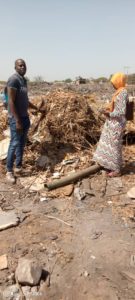 b. Domestic Waste
b. Domestic Waste
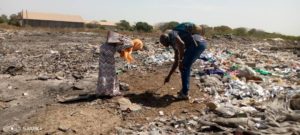
c. Sampling Waste
Duis mollis, est non commodo luctus, nisi erat porttitor ligula, eget lacinia odio sem nec elit. Morbi leo risus, porta ac consectetur ac, vestibu lum at eros. Nulla vitae elit libero, a pharetra augue.
Duis mollis, est non commodo luctus, nisi erat porttitor ligula, eget lacinia odio sem nec elit. Morbi leo risus, porta ac consectetur ac, vestibu lum at eros. Nulla vitae elit libero, a pharetra augue.

